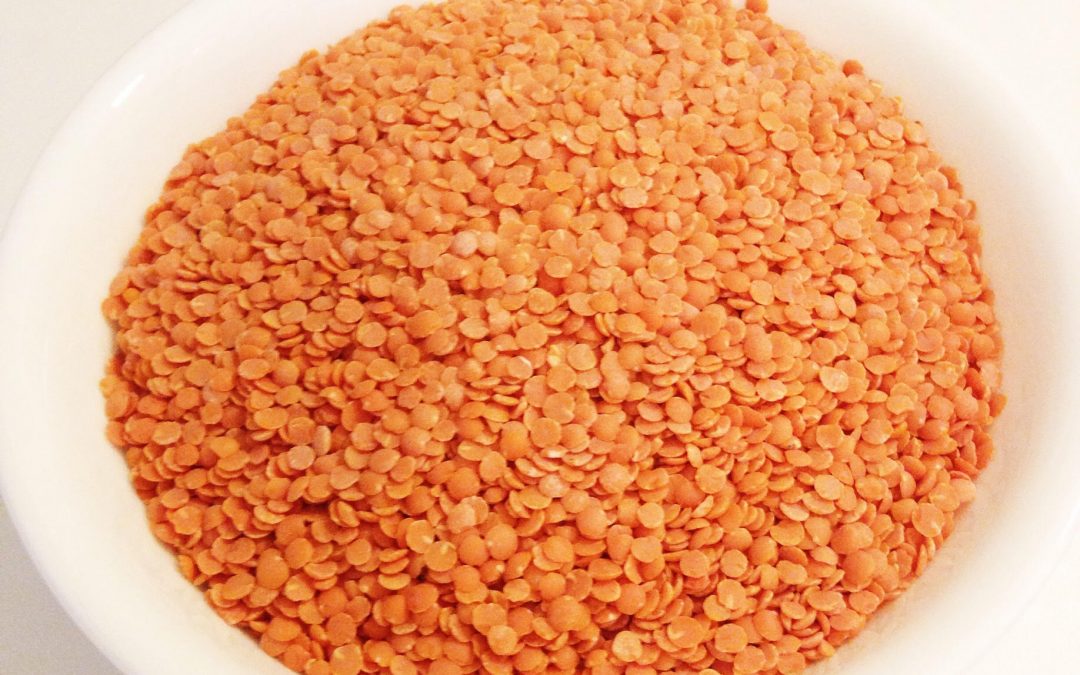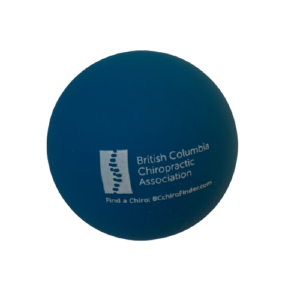Society is slowly beginning to recognize the difference between pre-packaged goods and natural goods. We have come to understand that the majority of the products in our house include chemicals, unnecessary sugars and additives, but why are they in there?
Clearly many foods contain increased amounts of sugar, why? Simply because sugar is addictive, it causes us to “crave” certain food because of the increase in refined sugars, so we buy more. Even other household products contain a variety of additives and chemicals that are there to ensure we need to buy other products to resolve the problems caused by the first product we used.
So how do we know what is good and what isn’t good? Where do we start? The grocery store is already so completely overwhelming with 15 different types of each product that how do we know what we should buy and leave on the shelf.
First lesson to learn; if something you are purchasing has a really long shelf life, its safe to assume that is chalked full of chemicals and other additives in order for it to be able to stay on the shelf for so long.
Second lesson to learn: Fresh is best! We could get into a debate about organic or non-organic but either way, fresh food is always better for you than pre-packaged items.
Third lesson to learn: Its not just the products we eat, its the ones we put on our bodies and clean our houses with. These not only have an impact on the environment but also our health. Lots of allergies, and illnesses can be related to the products we use.
So where do you start? Natural products tend to be on the higher price scale, but generally you need to use less per instance than you do with a chemical compound.
It can be overwhelming on your life and your pocket book to completely go cold turkey and switch over to all completely natural products, so start slowly. Here are 3 tips to transition into natural products.
- Pick One or Two Items: Pick one or two items that you use frequently. Perhaps laundry soap or Advil or even coffee. Do your research. Look at what products you are currently using and find good alternatives, that don’t contain any added chemicals or preservatives. Its likely that if it is something that you use on a regular basis, you will use it all up before its shelf life is over. For laundry soap, we highly recommend Nellie’s Laundry Soap. It is a great alternative to other products, yes it costs a little more but you don’t need to use as much. We also love Traumeel as a natural alternative to Advil and tylenol.
- Do Your Research: Take two or three products that you use in your house and have a look at the label, and then hit Google. Find out what you are actually using, what its actually made of and known problems or side affects associated with these products.
- Read Labels: Just because something is labeled “organic” or “natural” doesn’t mean that it is. Read the label and confirm that that is true. Unfortunately there is no standard in labeling and companies are allowed to mark something as organic or natural if it contains some of those products, but that doesn’t mean it doesn’t contain other things. In addition, labels also do not have to disclose every item in a product.
Check out this great video about the Story of Cosmetics, this is just products that we use on our bodies on a daily basis:





